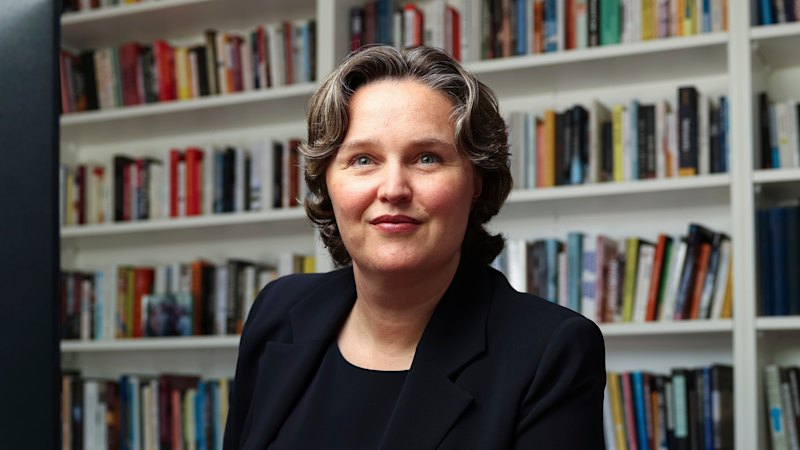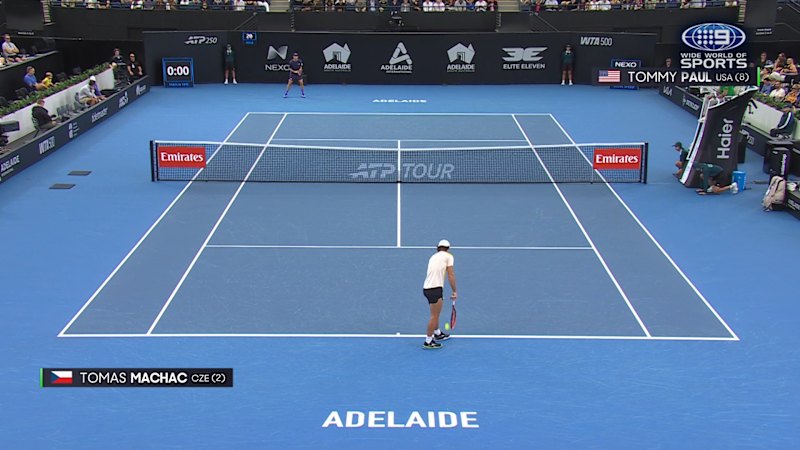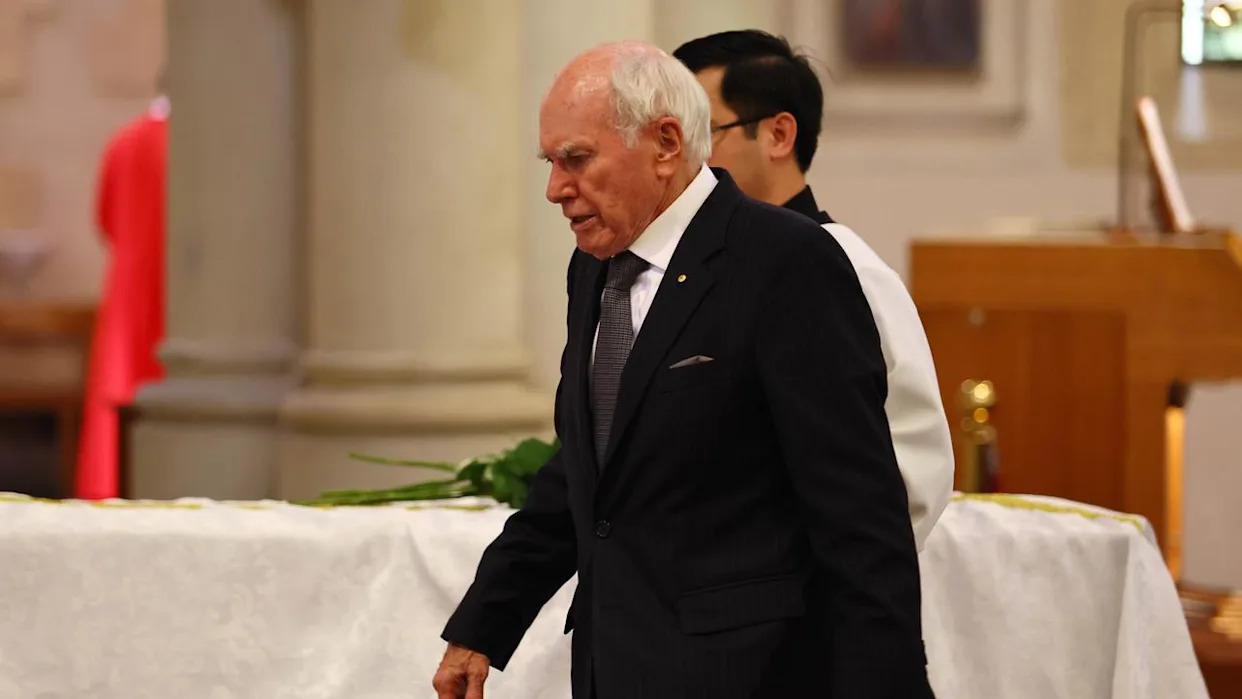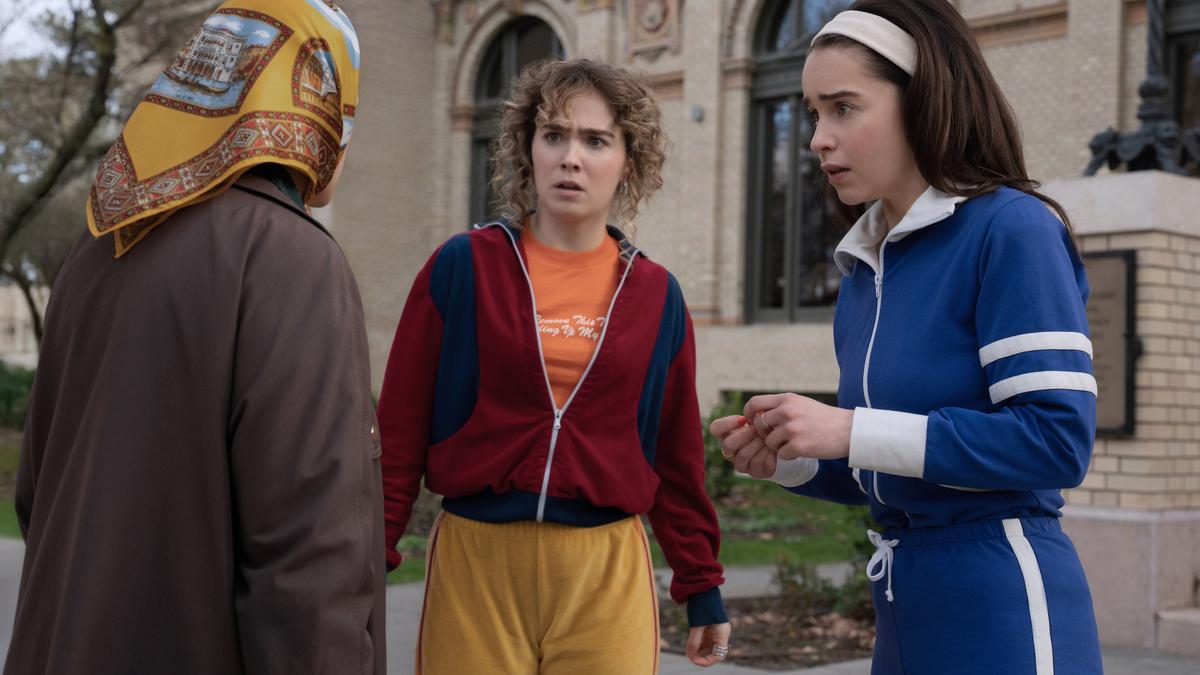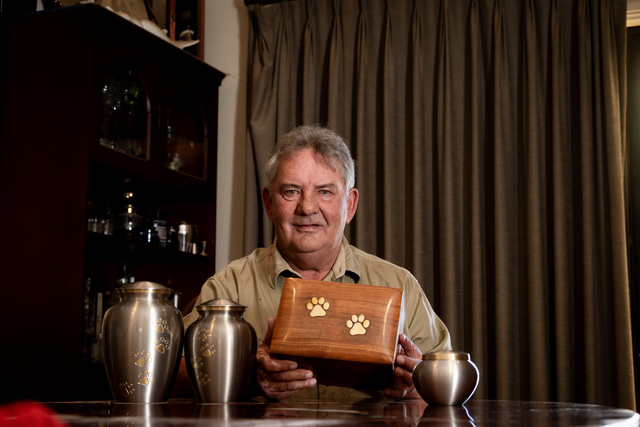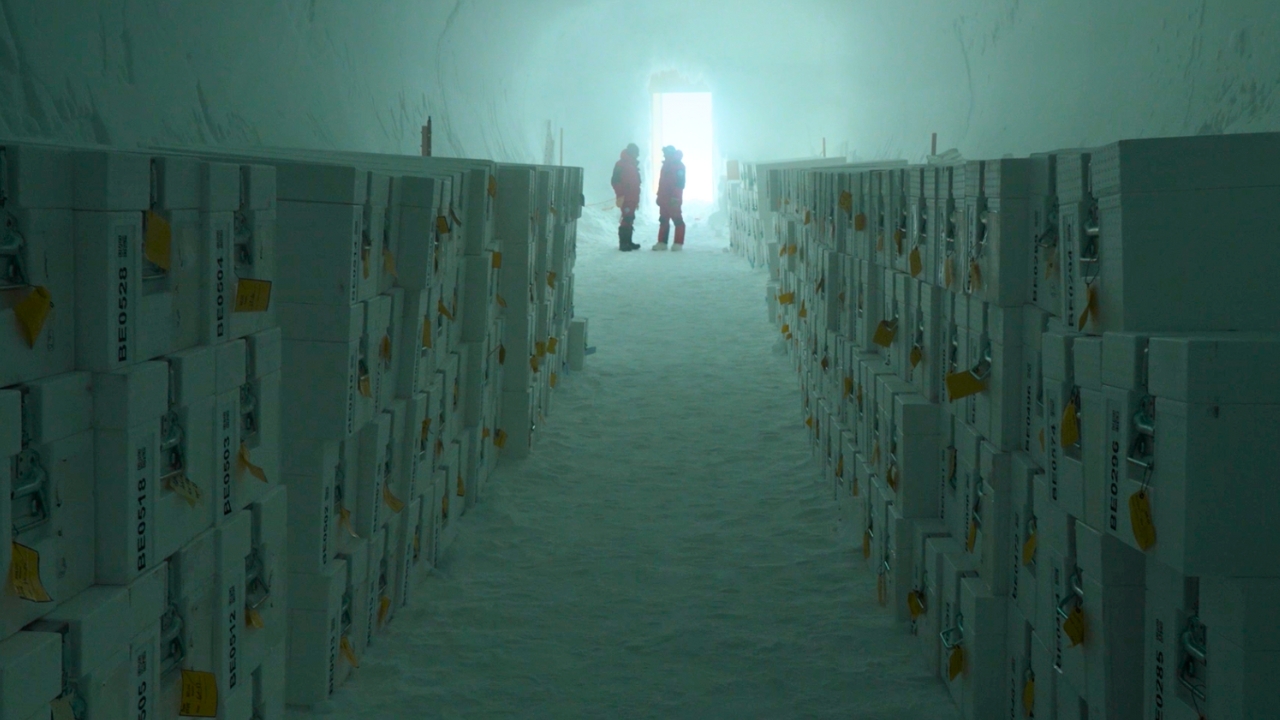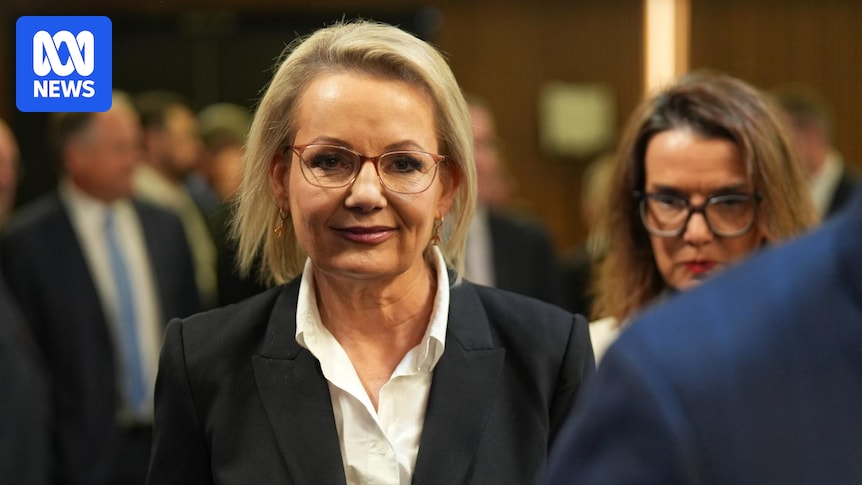
Sussan Ley has set a transformative tone for the Liberal Party, delivering a significant address at the National Press Club. Her speech began with an acknowledgment of country and a commitment to respecting the public service, signaling a shift in the party’s approach. These remarks nod to the policies the Coalition presented during a federal election that resulted in a major defeat, particularly in urban areas.
In her inaugural address as leader to the press club—an event previously avoided by former leader Peter Dutton—Ms. Ley outlined her vision for a reformed Liberal Party. She candidly admitted that the party had not only lost but was “smashed,” with its platform being “comprehensively rejected” by voters. The party is now engaged in a thorough review of its electoral defeat and future direction, focusing on issues such as the underrepresentation of women in parliament and the debate over implementing quotas to address this.
Addressing Gender Representation
Ms. Ley emphasized her commitment to improving gender representation within the party, declaring herself “agnostic” about the methods but a “zealot” for achieving results. She warned state branches against complacency, stating, “If some state divisions choose to implement quotas, that is fine. If others don’t, that is also fine. But what is not fine is not having enough women.”
As the first female leader of the federal party, Ms. Ley delivered a clear message: “We need to do better, recruit better, retain better and support better.” Her leadership marks a significant shift in the party’s approach to gender equality, a topic that has long been contentious within the Coalition.
Energy Policy and Climate Commitments
The Liberal Party is also grappling with its stance on energy and emissions reduction policies. Ms. Ley announced the formation of a dedicated working group to address these issues, led by opposition energy spokesman Dan Tehan. This group will report directly to her and Nationals leader David Littleproud, focusing on creating a policy that ensures a “stable” and “affordable” energy grid while reducing emissions.
The Coalition’s previous campaign included a controversial promise to build seven nuclear power plants, a proposal that faced internal opposition and was scrutinized in the post-election review. The ongoing debate over climate policy continues to challenge the Coalition, particularly regarding the commitment to net zero emissions by 2050, a pledge brokered by former Prime Minister Scott Morrison.
“The Coalition must figure out its answer to the net zero question.”
Some Nationals MPs have publicly questioned the commitment, advocating for its abandonment. Ms. Ley’s leadership will be pivotal in resolving these internal conflicts and presenting a unified front on climate policy.
Rebuilding Trust and Setting Priorities
Ms. Ley called for stability within the party, urging members to judge her leadership not by “headlines nor polling of the day,” but by the results of the next federal election in 2028. She recounted her personal history in the public service, highlighting her respect for the sector and distancing herself from the party’s unpopular election promise to cut public service jobs.
In another symbolic gesture, Ms. Ley began her address with an acknowledgment of traditional owners, contrasting with Mr. Dutton’s previous remarks that Indigenous acknowledgments were sometimes “overdone.”
Ms. Ley identified key priorities for the party, including increasing defense spending in response to global instability. The United States has urged Australia to raise its defense budget to 3.5% of GDP, a significant increase from the current plan. Additionally, she emphasized the importance of addressing family violence and child safety, drawing from her personal experiences.
“I understand the fear you feel when you go for a walk alone because I have felt that fear too.”
She also criticized tech giants for exploiting children through addictive technologies and highlighted the dangers of artificial intelligence and deep fakes.
Looking Forward
Ms. Ley concluded her address by stressing the need for the Coalition to offer a vision that builds and rewards aspiration, aiming to reconnect with Australians. Her leadership represents a new chapter for the Liberal Party, one that seeks to respect, reflect, and represent modern Australia.
